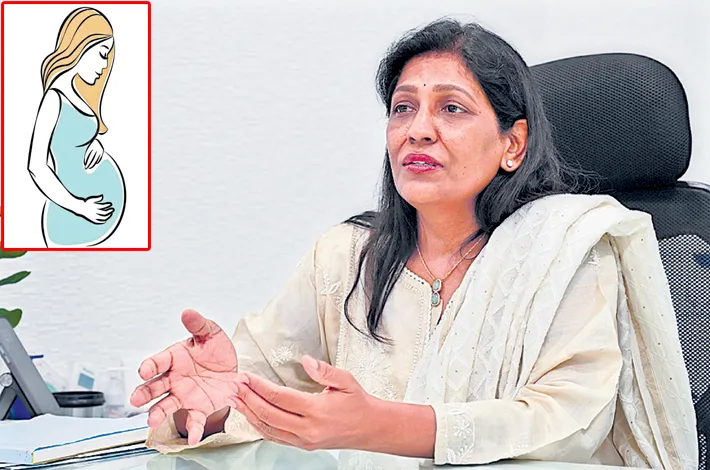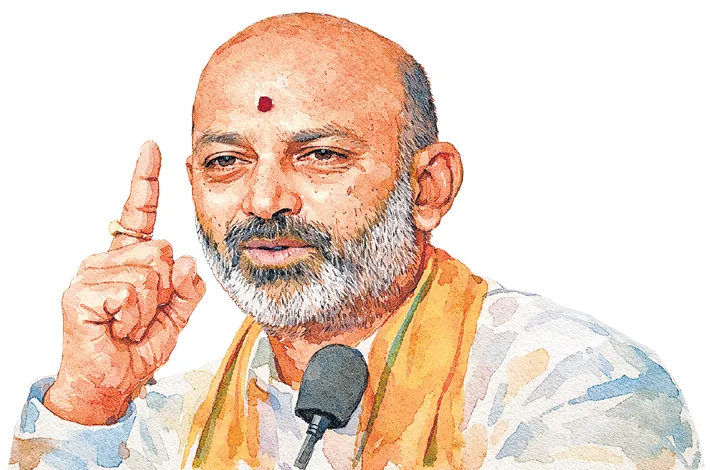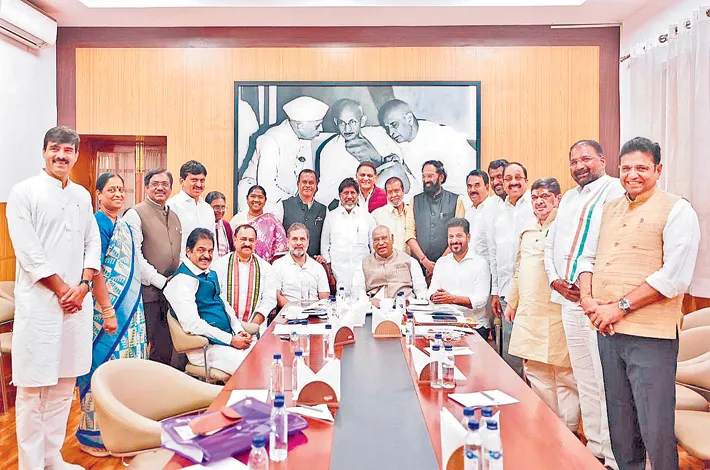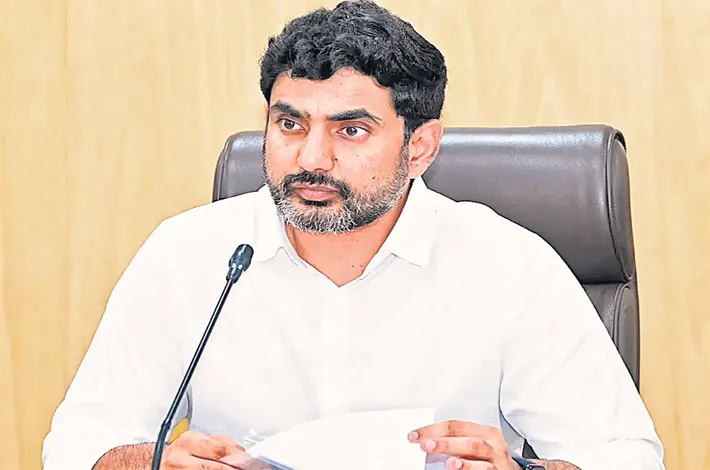A trusted name in fertility care
17-09-2025 12:00:00 AM

Dr Samyuktha Reddy has treated over 30,000 cases and is a trusted name today. She speaks to Metro India on the various aspects of fertility care
Dr. Samyuktha Reddy entered the field of assisted reproduction in 2004 mentored by IVF experts at one of the country’s pioneering centers. In 2005, the fertility treatment in India was still in its infancy, initially she worked with just a team of four, handling around 50 cases per month. At the time, knowledge was scarce, and the information scattered. Reading international magazines and attending conferences helped a great deal.
Over time, the number of cases rose to 220 per month. On some days she would see 100 couples in a single day. “Though it was hectic, it gave me exposure to different patients, different problems helping me benchmark myself at work.” she said. For 17 years, she worked with Anu Test Tube Baby Centre before founding her own clinic, Samyuktha Reddy Fertility Solutions marking as best fertility specialist in Secunderabad, she serves 300 patients every month.
Treatments and success rates
Dr Samyuktha Reddy says there is 70% of the success rate for In-Vitro Fertilization (IVF), fertility treatment where egg is fertilized by sperm outside the body resulting embryo transfer to uterus while Intrauterine Insemination (IUI) stands at 14- 15%, treatment where a sperm is directly placed into woman’s uterus around the time of ovulation. However, she asserted that with advanced procedures like embryo selection and Endometrial Receptivity testing, success rates overall can be improved by 10-12 % but the cost remains a barrier here.
She cautioned that every couple wouldn’t need IVF and that simple treatments often work but most couples first go to their gynecologist and then come to the fertility specialists after months. In some cases, if the woman is above 30 or if issues like low sperm count exist, IVF becomes necessary. However, picking up after earlier treatments also saves both time and effort for doctor and patient.
As technology continues to advance in IVF with new tools slowly entering practice like embryo scope allowing to see embryo development and omics- based analysis which assesses the embryo quality. In terms of risks in these treatments, she noted that general ones like infections are always there but older complications like ovarian hyperstimulation syndrome are now rare. She added that procedures today are relatively safe if done in the right hands.
Age and Fertility Index
Dr. Reddy stresses that India's fertility index, which was once almost 2.1 has now significantly dropped to 1.9. She attributes the fall to changing lifestyle patterns like late marriages and delayed pregnancies. “Everyone wants to settle first and postpone having kids, but what they don’t realize is that the fertile period is delayed”, she asserted, adding that age is directly proportional to quality of eggs and the biological clock starts from 21-22 and peaks till 30 post which the fertility declines creating complications. For those planning late pregnancies, she advises to consider eggs freezing as a practical safeguard.
Generational change and PCODs
Polycystic Ovarian Disease (PCOD) and Polycystic Ovary Syndrome (PCOS) are severe hormonal and metabolic conditions and are rising as major concerns among young women. Dr. Reddy says these are partly genetic diseases but mainly lifestyle driven. Children in earlier decades including male and female were very active outdoors having physical exercise. She says “today’s girls are not stepping out spending long hours of screen time resulting in obesity and hormonal imbalance.
She assures that basic lifestyle changes like balanced diet, less junk and physical activity could show much difference if followed consistently. She doesn’t recommend gym and weights for everyone saying that Yoga at home instead is more practical and sustainable insisting that young girls take care of their body without neglecting personal health.
Daily habits and fertility connect
“Your daily habits impact fertility” she said, emphasizing that proper sleep, balanced and mindful meals like a simple Indian meal with a plate of dal, rice and curd in proper amounts are healthier than people realize. Connection between the couple is crucial than excess screen time and other activities- Talking more, spending time together releases dopamine and endorphins helping the body and mind relax, she asserted. Couples especially should avoid searching for artificial dopamine highs and learn delayed gratification.
Human connection is important
Infertility, she notes, is emotionally draining and frustrating. For instance, one couple she treated conceived at 14th time after 13 IVFs. Cases like these are extremely difficult to deal emotionally but her persistence and support made the difference. Creating a calm, private environment especially staying through multiple failed cycles until they succeed is harder than assumed. “I do every case soulfully. Every patient is different and convincing families, addressing financial limits and building trust is what I follow”, she says.
Dr. Reddy has overseen more than 30,000 cases, including 11,000 embryo transfers and 8,000 IVF cycles, along with counseling sessions for over 1.1 lakh patients. She has been honored with Mathru Shakti award and marked as one of top IVF doctors. Her message to the young doctors is clear- “Anyone can study science, but it takes something more to connect with patients. Win the trust than treating it as a case.”








